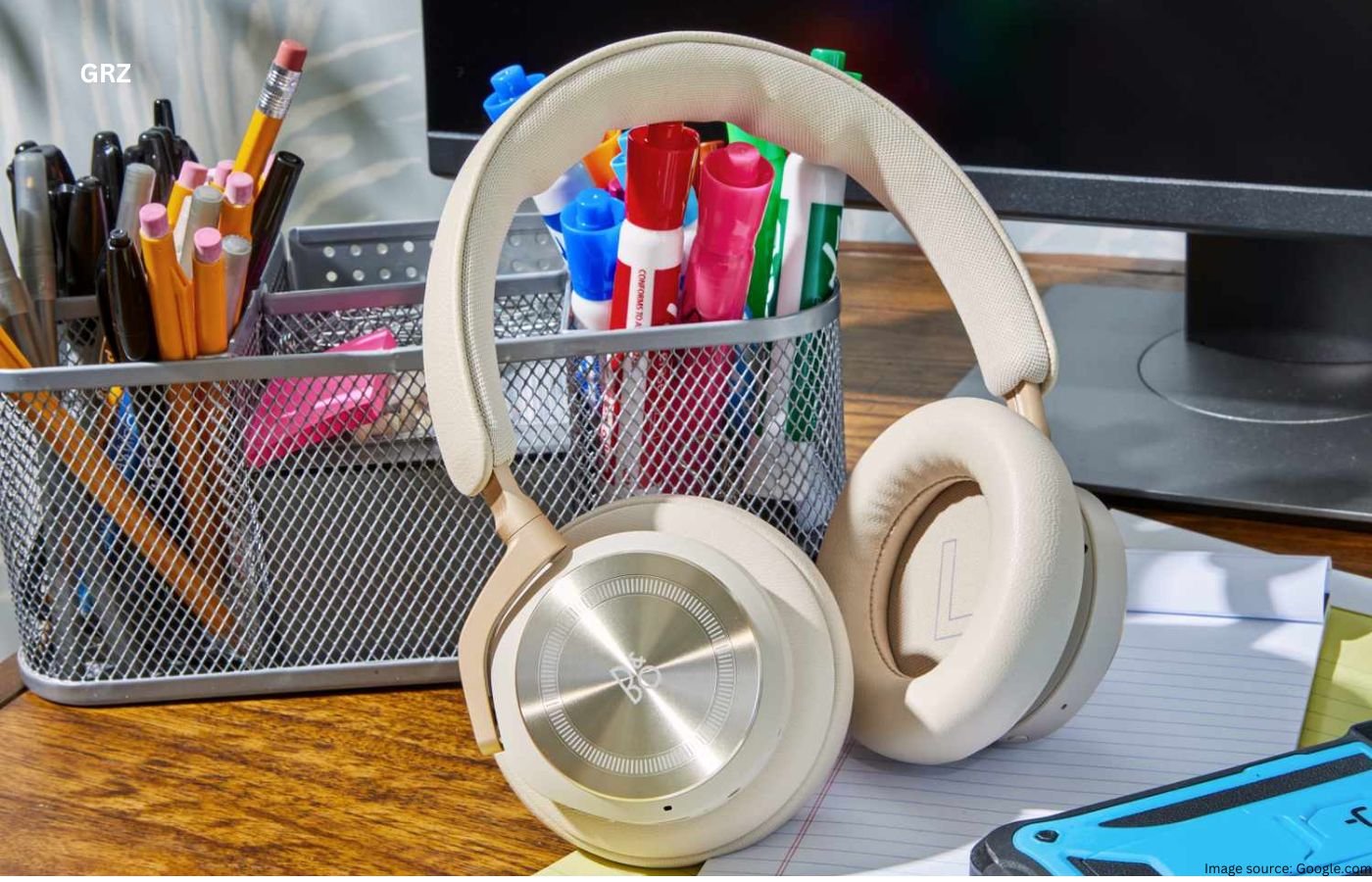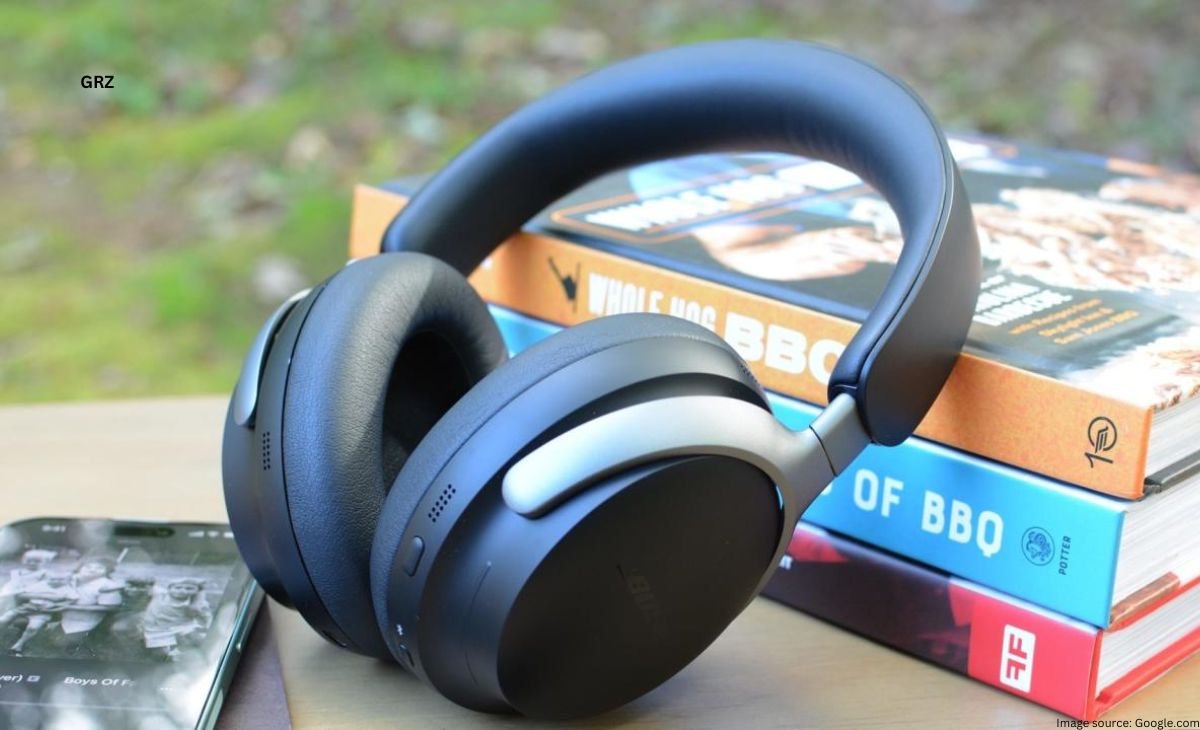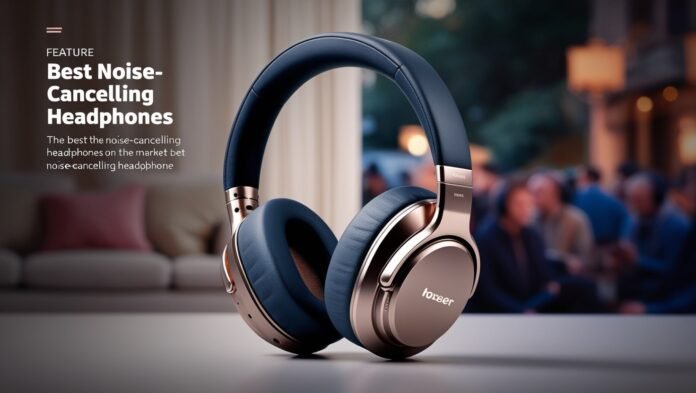The advent of Noise-canceling headphone has completely transformed our approach to sound living in a world characterized by disorder. Be it travelers annoyed by the noise around them in public transport or school-aged children trying to concentrate with the aid of these headphones, they effectively blend technology with comfort. In this article, various types of noise-canceling headphones will be discussed, their advantages and disadvantages, factors to consider while buying, and some of the best models in the market.
Table Of Contents
What Are Noise-Canceling Headphone?
The headphone technology by noise canceling is quite sophisticated allowing the listener to enjoy the music with minimal interference from the surrounding sounds. This can be done in two main ways; passive noise isolating and active noise cancellation.
- Passive Noise Isolation: This is a method that mainly relies on the physical construction of the earphones in a bid to prevent any external noise from reaching the user. For instance, over-the-ear earphones that enclose the ears cut down sound considerably as there is no sound leakage through them or to an extent when ear-plugs are placed in the ear canal.
- Active Noise Cancellation (ANC): This is different from passive noise cancellation systems. ANC headphones have microphones in which the sounds from external environment are captured. Then, a sound wave which is inverted (phase-inverted wave) to the noise is created and played. When the phase-inverted wave meets the noise, they cancel each other, thus allowing the user to listen to music in comfort.

Benefits Of Noise-Canceling Headphone
- Greater Concentration: Users are able to focus more on work, study and/or relaxation because the environmental distractions have been minimized.
- Catering to the Audiophiles Needs: The users of such products can listen to their favorite music, book or podcast at comfortable volumes without the need to pump up the sound levels which is beneficial to the hearing over time.
- Comfort While Travelling: Airplane, train or bus – there are always those who wear ANC headphones to suppress the noise of the engines and the people around them improving the travel experience.
- Lessening the Burden: For a good number of people, the capacity to create a physical space devoid of sounds has been a factor that places them at less stressful conditions and even alleviates anxiety, hence making it recline easily.
Features To Consider
- Comfort and Fit: Adjustable headbands and soft earpads would be favorable. Generally, over the ear designs are suitable for long periods of use.
- Battery Life: Active noise cancellation requires a battery power. So, find models that assure a long battery life (not less than 20 hours) when ANC is on.
- Sound Quality: Select headphones that offer a balanced sound especially bass and treble.
- Portability: If you are an active traveler, think about designs that can be folded or other models that come with a case.
- Bluetooth Connectivity: Wireless options are more appropriate especially when outside and on the go.

Tips For Using Noise-Canceling Headphones
- Wear Correctly: Make sure you are wearing your headphones correctly. Over the ear designs must cover the ear completely, similarly for in the ear design form must fit inside. This improves the working of both passive noise blocking and active noise cancelling.
- Do Not Allow Batteries to Deplete: Charge the headphones before wear and use particularly ANC function very frequently. In some instances an active noise cancelling headset may be used passively even when its battery is nearly empty. Headphone performance in such conditions usually differs.
- Be Mindful of Time: Noise-cancellation effects of headphones may help but in some cases they can lead, or enhance, the likelihood of ear fatigue when used for a long period of time. It is a good habit, if, for example, it is possible to listen for long time – to be silent.
- Be Aware of The Context: Even though the use of ANC is predominantly for the purposes of sound isolation, it is equally important to be aware of the environment especially in public places. To counter this, some headphones come with ambient modes that allow some ambient sound in so that the listener is still conscious of the environment whenever necessary.
Conclusion Of Noise-Canceling Headphones
Soundproof headphones are no longer a luxury as they have become a necessity for most individuals who seek to improve their listening experience, be it at work, while traveling, or even at home. Knowledge about the technology aspects and important considerations enables you to choose a perfect pair that meets your needs and cost. More innovations are bound to come up concerning noise cancellation headphones making these devices even easier to get the ideal place free from noise.
FAQ’s
What are noise-canceling headphones?
Noise-headphones use technology to reduce unwanted ambient sounds. They come in two types: active noise cancellation (ANC), which uses microphones and speakers to counteract noise, and passive noise isolation, which physically blocks sound. These headphones are ideal for travelers and those seeking quiet in noisy environments.
How do they work?
They use active noise cancellation technology to block out external sounds.



